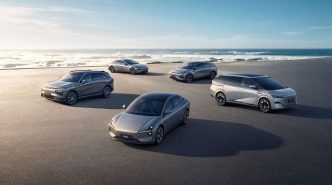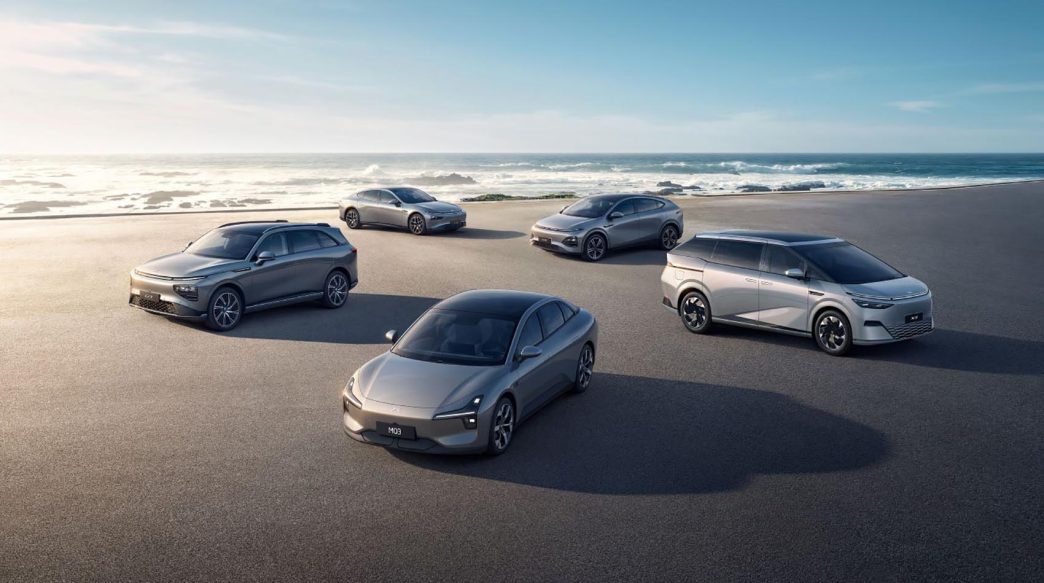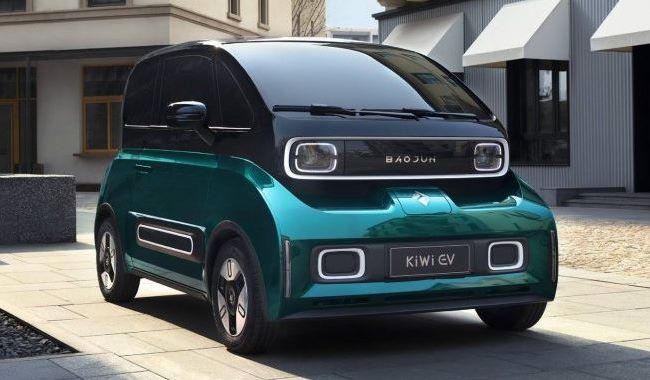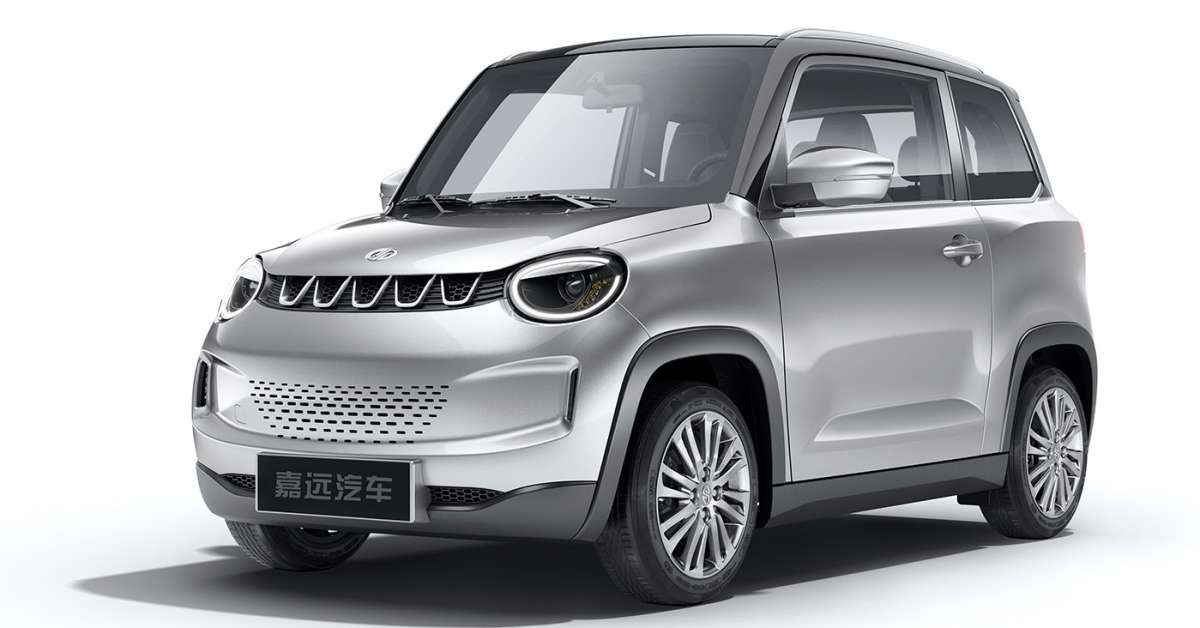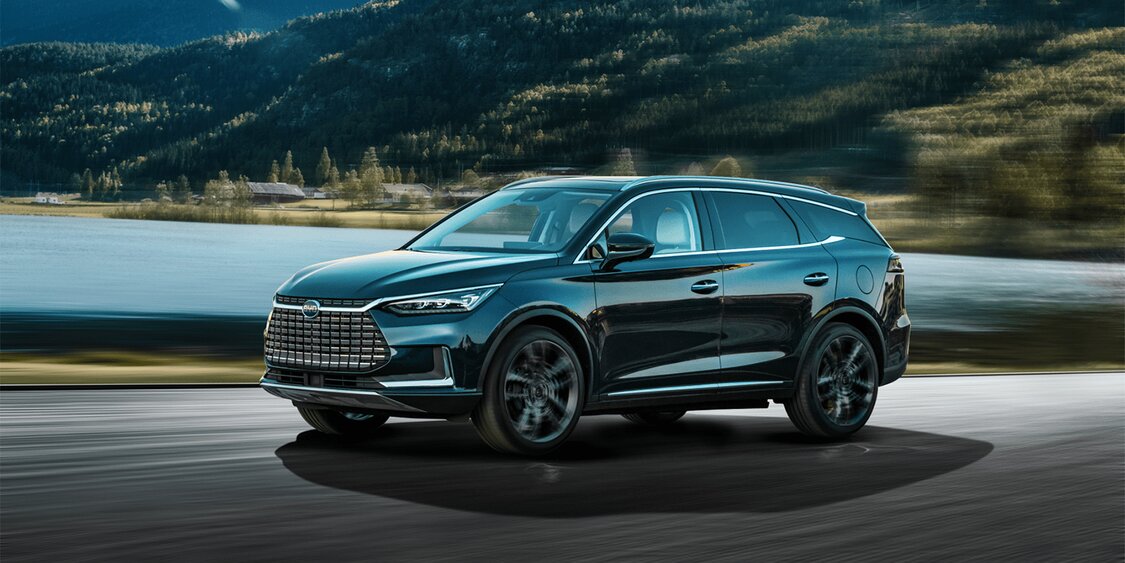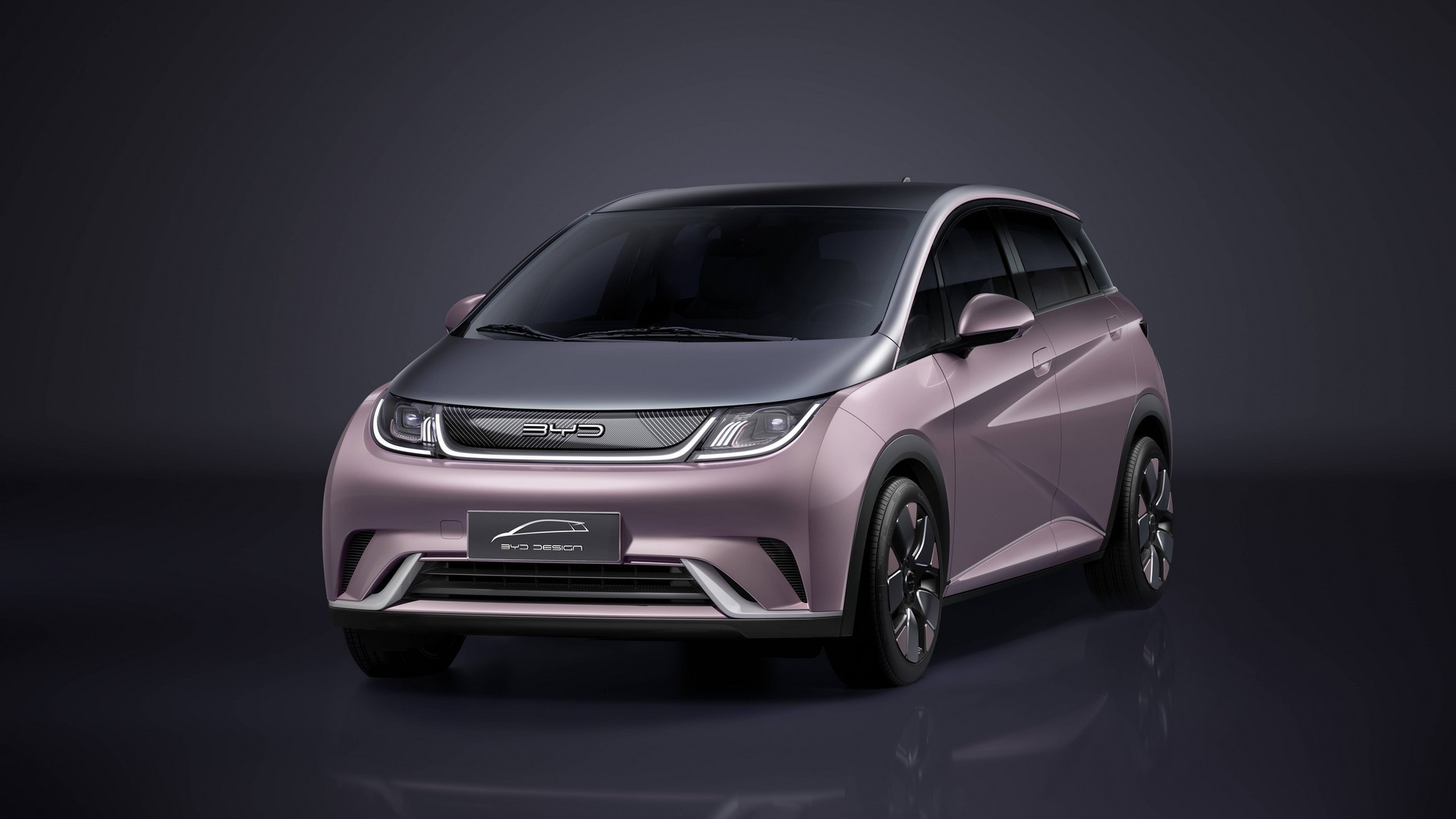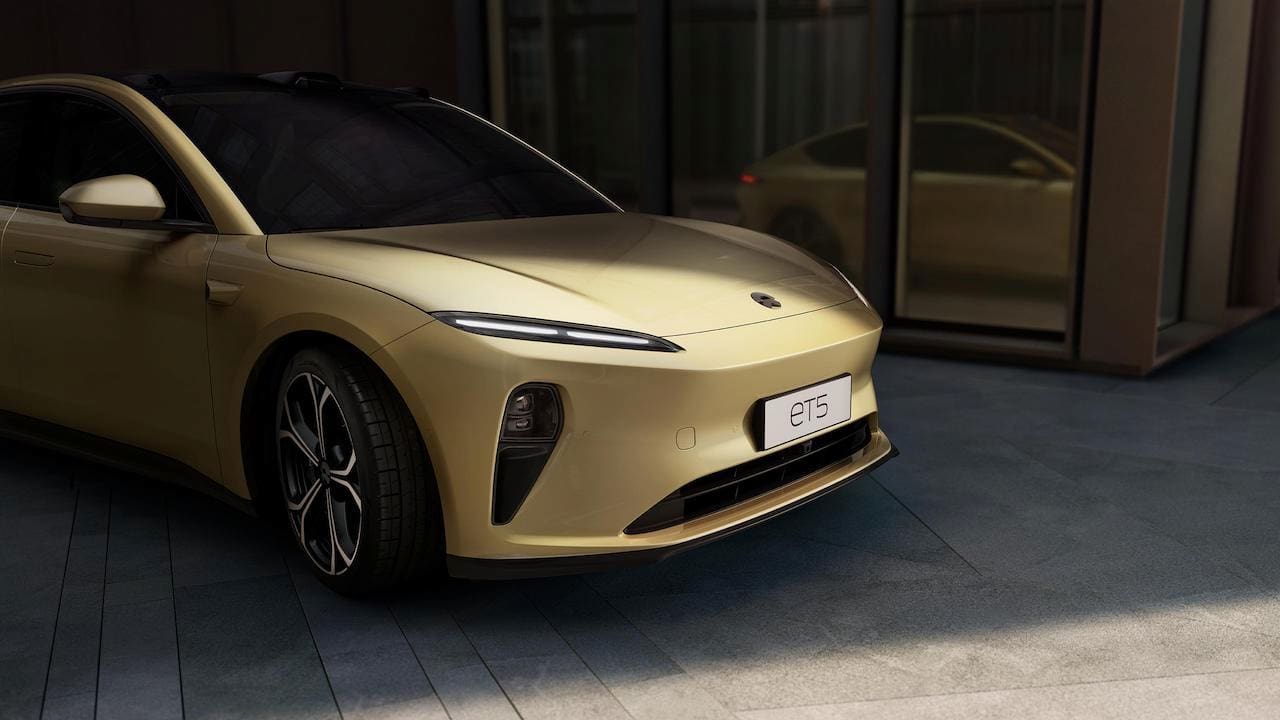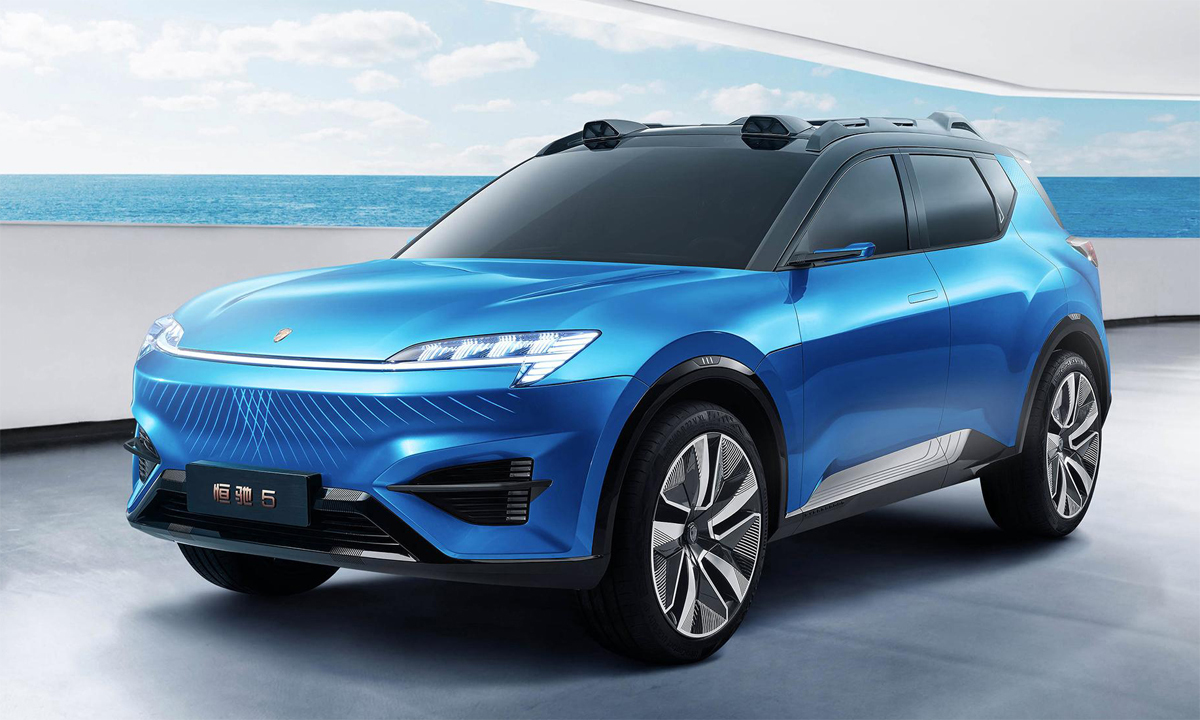The European Union (EU) has refuted claims that it is on the verge of finalizing an agreement with China regarding tariffs on electric vehicle (EV) imports. The denial follows comments made by a European Parliament official that ignited widespread debate.
Bernd Lange, chair of the European Parliament’s trade committee, stated last week that negotiations between Brussels and Beijing were nearing a resolution. He suggested that China might agree to a minimum price for EVs sold in the EU, aiming to address concerns over subsidized pricing. However, Reuters, citing unnamed EU officials, reported that no deal is imminent, with discussions ongoing and significant hurdles remaining.
“There are still stumbling blocks preventing an agreement,” one EU official told Reuters, speaking anonymously due to the sensitivity of the talks. The European Commission has also confirmed that it is exploring World Trade Organization-compliant measures, including potential minimum price commitments for Chinese-made EVs, but emphasized that no definitive consensus has been reached.
The EU implemented additional tariffs on Chinese battery electric vehicle (BEV) imports starting October 30 following an anti-subsidy investigation. The tariffs vary by manufacturer, with rates ranging from 7.8% for Tesla China to 35.3% for SAIC Motor, on top of the existing 10% tariff. These measures aim to address concerns that subsidies provided by the Chinese government create unfair competition in the European market.
Discussions on alternatives to these tariffs have been ongoing. The European Commission’s October 29 statement indicated that both sides were examining solutions to ensure compliance with WTO rules while addressing the investigation’s findings. Reports from China, including a statement by state broadcaster CCTV in late October, suggested that technical consensus had been reached on a price commitment plan.
Despite these developments, EU officials clarified that negotiations are far from over, reflecting the complexity of achieving a mutually acceptable resolution. The situation underscores the delicate balance between safeguarding European industries and maintaining stable trade relations with China, a key player in the global EV market.

